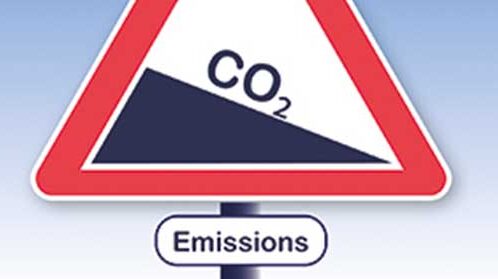Government updates ZEV mandate

The UK government has updated its zero-emission vehicle (ZEV) mandate.
The ZEV mandate stipulates what percentage of cars and vans sold by vehicle manufacturers must be zero emission from next year onwards, with the percentage increasing year on year.
The 2024 requirement for at least 22% of new cars and 10% of new vans to be zero-emission remains unchanged.
However, the government has softened some other targets after announcing a delay to the sale of new petrol and diesel cars from 2030 to 2035. ZEV now stipulates that by 2030 manufacturers will need to ensure that 80% of new cars and 70% of new vans are electric. The proportion will then increase in increments through to 100% in 2035.
Transport Secretary Mark Harper said: “Our mandate provides certainty for manufacturers, benefits drivers by providing more options, and helps grow the economy by creating skilled jobs.”
Dominic Phinn, senior policy manager, Climate Group, said: “The government is giving with one hand and taking away with the other. Businesses have long called for clarity and certainty around the ZEV mandate so they can get on with investing in electric cars and vans, but the decision to push back the phase-out date for the sale of petrol and diesel cars last week has undermined any enthusiasm businesses may have today for this announcement.
“While we are pleased to see that manufacturers will be mandated to ensure 80% of their sales of passenger cars are fully electric by 2030 as planned, it’s disappointing to see that targets for vans have been lowered. The delay of the phase-out date undercuts the ability of businesses to confidently invest, and many were already having difficulty getting hold of electric vans – this won’t help them. The government needs to stop messing businesses around and deliver on its commitments to drive the EV transition as a necessary step in achieving net zero by 2050.”






